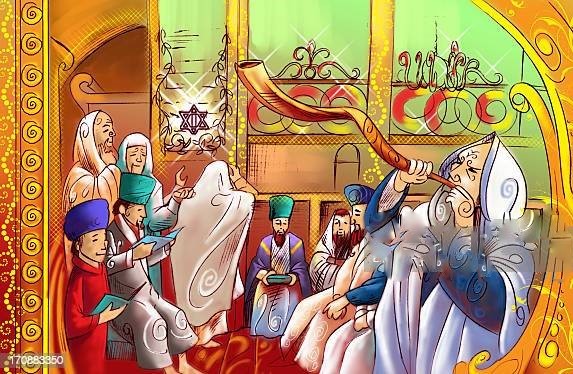HOCHMA: YESHIVAT HAVERIM יְשִׁיבָה חברים – BABYLONIAN TALMUD p75

Come and hear (another objection). An egg laid on the Sabbath or a festival, to prevent it from
being (accidentally) cracked, may be covered with a vessel? Here the case is, also, when the
space where the vessel is placed is needed.
Said R. Shesheth (to his disciples): Go ye and tell R. Itz’hak that the above doctrine has already
been interpreted by R. Huna in Babylon as follows: It is permitted to make a partition on the
Sabbath, to (isolate) a corpse for the sake of the living, but it is not permitted to make a partition
for the sake of the corpse. How is the latter clause to be understood? R. Samuel b. Jehudah and
also Shila Mari taught: In the case of a corpse lying in the sun (on the Sabbath), (to prevent the
corpse from decomposing) two persons are brought to sit on the floor, each on one side (in order
to bring about the making of a screen). When the ground underneath them becomes hot, each of
them is to bring a cot bed to sit upon, and when the heat above them becomes excessive, they
are to bring a sheet and spread it over their heads (leaving part of the sheet loose); both now
raise their cots (which take up the loose part of the sheet) and move to their former positions;
thus a screen (canopy) is formed of itself.
It was taught: “A corpse lying in the sun.” R. Jehudah in the name of Samuel says: The same
must be turned over from one bed into another, until it arrives at a shady place. R. Hinna b.
Shalmi in the name of Rabh said: A loaf of bread or an infant should be put on the corpse and
then the corpse may be moved. There is no difference of opinion as to the removal of a corpse
(on the Sabbath), which is permitted when a loaf or an infant is put upon it; they differ only
where there is none. One holds that indirect transportation must be considered transportation,
and the other opines that indirect transportation is not transportation (and therefore permitted).
Shall we assume that on this point the following Tanaim differ? “It is not permitted to save a
corpse from a fire.” R. Jehudah b. Lakish, however, says: “I have heard that it may be done.”
How is the case if there was a loaf of bread or an infant? Why should the first Tana prohibit it?
And if there was none, what is the reason of Lakish’s decision? Do they not differ in the point of
transportation stated above? Nay; all agree that such a transportation is considered; the
reason, however, of Ben Lakish is that usually one is concerned about his dead, and if it would
not be permitted to remove it, he will extinguish the fire. Said R. Jehudah b. Shilah in the name
of R. Ashi, quoting R. Johanan: The Halakha prevails according to Ben Lakish concerning a
corpse.
 WEDNESDAY PRAYER: HOCHMA-SHACHARIT שַחֲרִית MORNING PRAYER
WEDNESDAY PRAYER: HOCHMA-SHACHARIT שַחֲרִית MORNING PRAYER WEDNESDAY PRAYER: HOCHMA-TIKKUN CHATZOT תקון חצות-TIKKUN RACHEL & TIKKUN LEAH
WEDNESDAY PRAYER: HOCHMA-TIKKUN CHATZOT תקון חצות-TIKKUN RACHEL & TIKKUN LEAH WEDNESDAY PRAYER: HOCHMA- KABBALAH MED-TIKKUN CHATZOT תקון חצות – LESSON WITH RAV MICHAEL LAITMAN
WEDNESDAY PRAYER: HOCHMA- KABBALAH MED-TIKKUN CHATZOT תקון חצות – LESSON WITH RAV MICHAEL LAITMAN